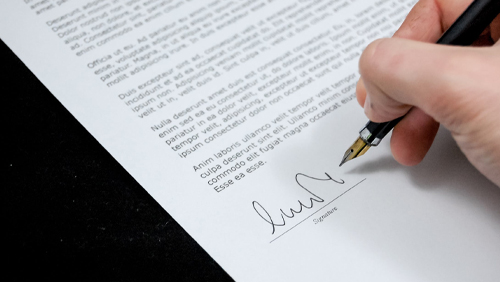Drastic times call for drastic measures, and a plan in the Philippines might win the prize for taking things to a new level. In an effort to recoup financial losses caused by the coronavirus pandemic, a campaign has been launched by a high-ranking politician in the country to sell casinos run by the Philippines Amusement and Gaming Corporation (PAGCOR). If the plan is successful, all 47 properties owned by the gaming regulator could be offered to buyers. Of course, with the world economy in the tank, finding deep enough pockets to make the purchases might not be so easy.
 Senate Minority Leader Franklin Drilon believes that privatizing the PAGCOR-controlled assets, as well as assets belonging to the Philippine Charity Sweepstakes Office (PCSO), would be the quickest and easiest way to generate free capital to help the country during the COVID-19 outbreak. He pointed out that the government could potentially make as much as Php 300 billion (US$5.9 billion) from the sale of the properties, telling CNN Philippines, “The government does not have to look far to raise additional revenues. There are ‘low-hanging fruits’ the government can immediately tap to provide the much-needed resources for our country to survive this pandemic.”
Senate Minority Leader Franklin Drilon believes that privatizing the PAGCOR-controlled assets, as well as assets belonging to the Philippine Charity Sweepstakes Office (PCSO), would be the quickest and easiest way to generate free capital to help the country during the COVID-19 outbreak. He pointed out that the government could potentially make as much as Php 300 billion (US$5.9 billion) from the sale of the properties, telling CNN Philippines, “The government does not have to look far to raise additional revenues. There are ‘low-hanging fruits’ the government can immediately tap to provide the much-needed resources for our country to survive this pandemic.”
The idea of privatizing PAGCOR’s casinos was proposed back in 2016. The argument was that the gambling facilities should be run by private companies, allowing the gaming regulator to concentrate on what it was designed to do – regulate the gaming industry. However, not much came out of the proposal, as PAGCOR’s casinos started to turn a profit. The chair and CEO of the agency, Andrea Domingo, told Inside Asian Gaming two years ago, “I think for the next few years, because they’re still profitable – because the PAGCOR owned and operated casinos, the GGR they yield goes directly to the government, 100%.”
She added, “With the IRs, our share of the GGR is about 19.5% so if you look into that and the contribution to the national government every year, if you take this out it will take five years for a new IR to contribute that amount which automatically lessens our net contribution to the national government by Php22 billion for at least for the next 10 years.”
It would be difficult, if not impossible, to assume that any potential sale of PAGCOR assets would be immediate. Looking at different casino acquisition projects in recent history throughout the world shows that it isn’t a simple process. There are valuations that have to be completed, accounting studies that have to analyzed, regulatory approvals that have to be secured and, most importantly, money that has to be freed up to consummate the deals. It would be naïve to think that any casino sale would result in fast cash, like running to a local pawnshop to sell grandma’s gold earrings, and the entire process would most likely not provide the level of economic support some may expect – it certainly wouldn’t offer it in the timeframe some believe.